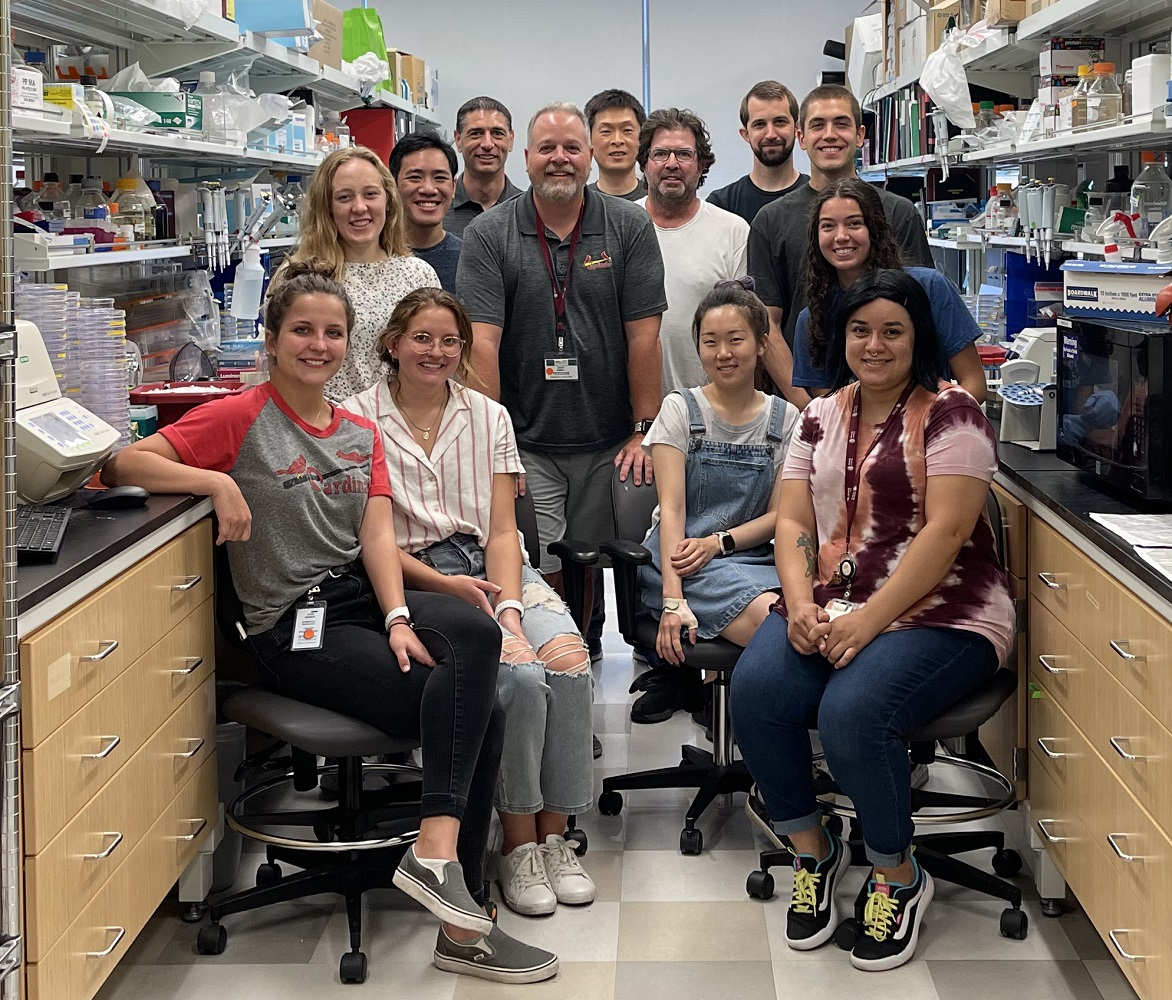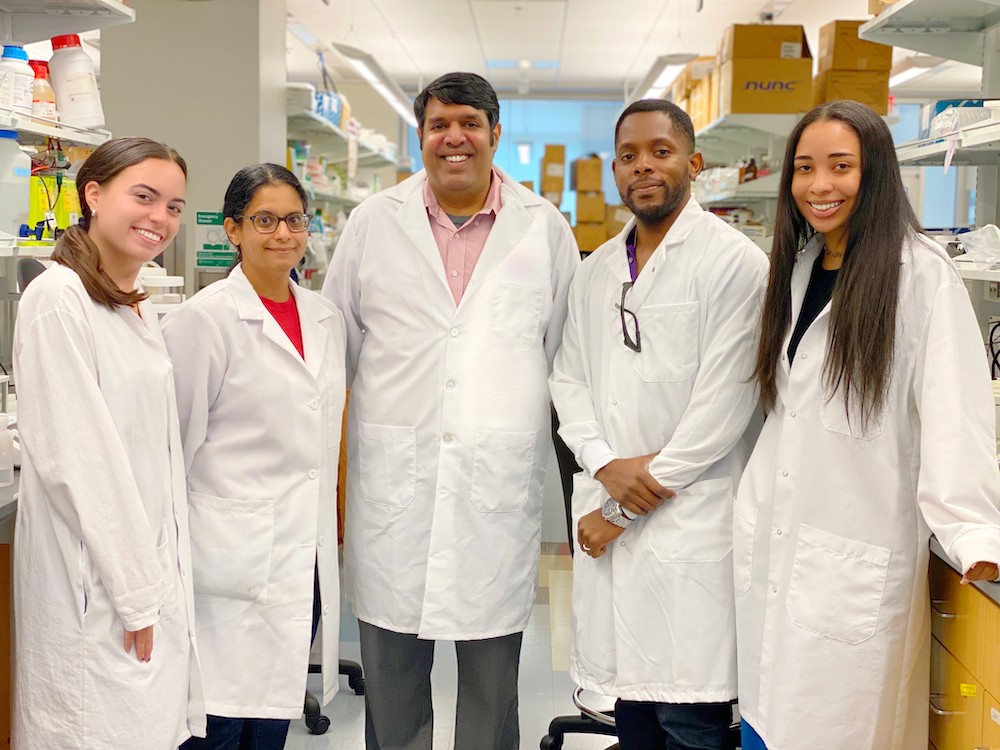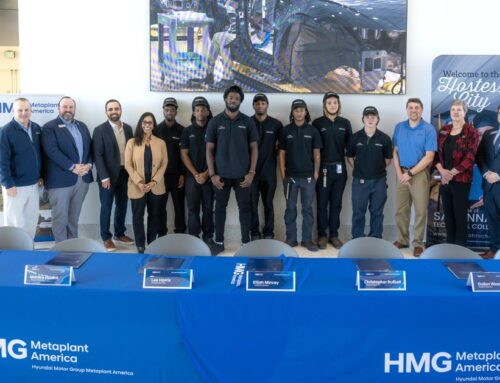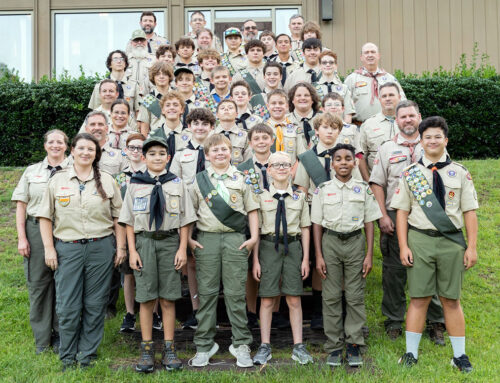The grants are being awarded to top scientists at leading pediatric cancer research institutions across the nation and represent CURE’s highest disbursement in a single grant cycle.
“Our ultimate goal is to ensure all children with cancer have the opportunity to survive and thrive long after cancer,” continued Connor. “Less than 4 percent of government funding for cancer research goes to looking at cancers which affect children, and drugs given today to most children with cancer are the same drugs given 40 years ago. CURE is urgently working to get new therapies to children and our grants are focused on making that happen.”
In Southeast Georgia, “Catie’s Gatherings” fundraisers were held in Savannah, Statesboro, Bryan County and Effingham County, garnering $603,000 for CURE. The funds raised at these five inspirational events are earmarked for the Precision Medicine Program at the Aflac Cancer and Blood Disorders Center at Children’s Healthcare of Atlanta, which received a total of $1.5 million in grants from CURE. The Precision Medicine Program leverages genomic sequencing for pediatric patients with high-risk tumors with the goal of identifying alterations that can impact therapies and improve outcomes. Their team is also developing novel, cutting-edge research approaches to enhance the safety and efficacy of personalized medical treatments.
CURE’s 2022 Pediatric Cancer Research Initiative includes the studies listed below:
- Aflac Precision Medicine Program
- Christopher Porter, MD, B-cell leukemia – Targeting mechanisms of T-cell suppression mediated by siglec15
- Sunil Sudhir Raikar, MD, acute myeloid leukemia – Optimizing gamma delta T-cell immunotherapy for acute myeloid leukemia
- Tobey MacDonald, MD, high-risk brain tumor – Two-year grant for clinical investigation of cluster-wells in pediatric brain tumors
- Robert Castellino, MD, medulloblastoma – Combined molecular targeting to enhance therapy for Group 3 medulloblastoma
- Renee Read, Ph.D., high-grade glioma – Human Organoid models of pediatric high-grade gliomas
- Muxiang Zhou, MD, acute myeloid leukemia – Feasibility study of VERU-111 for precision treatment of pediatric AML
- Full funding of 3 fellowships
- Dr. Frank Chien
- Dr. Robert Lisac (Sam Robb Fellow)
- Dr. Sanyu Janardan (Connolly Family Fellow)
- Ling Li, Ph.D., acute myeloid leukemia – Targeting PRMT1 elicits anti-tumor immunity in childhood leukemia
- Qiang Lu, Ph.D., medulloblastoma – Developing inhibitors of mitotic kinesin KIF20A for brain tumor treatment
- Vinodh Pillai, MD, Ph.D., B-cell leukemia – Assessment of bone marrow to predict response to CAR T-cell therapy
- Timothy Olson, MD, Ph.D., Genetic research – Targeting niche inflammation and MSC cell fate in monosomy 7 predispositions
- Michael Chorny, Ph.D., neuroblastoma – macromolecular prodrug-based therapy for indolent neuroblastoma
- Elizabeth Lawlor, MD, Ph.D., Ewing sarcoma – Optimizing safety and efficacy of anthracyclines in Ewing sarcoma
- John Letterio, MD, diffuse intrinsic pontine glioma – Development of a CNS-penetrant synthetic oleanane triterpenoid for DIPG
- Jignesh Tailor, Ph.D., medulloblastoma – Discovery of synthetic lethal targets in MYCN neuroepithelial stem cells
- Raushan Kurmasheva, Ph.D., rhabdoid tumor therapy – PEGylated talazoparib for pediatric malignant rhabdoid tumor therapy
- Jia-Ray Yu, Ph.D., diffuse intrinsic pontine glioma – Pharmacological screening of a new class of NSD1 inhibitor
- Jason Weber, Ph.D., diffuse intrinsic pontine glioma – Development of a p14ARF-based therapies to treat CDKN2A-deficient pediatric cancers
Fundraising efforts for the 2022-2023 fiscal year research grants are currently underway. Grant applications are expected to be open in January 2023.
About CURE Childhood Cancer





